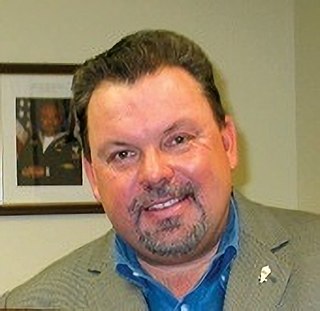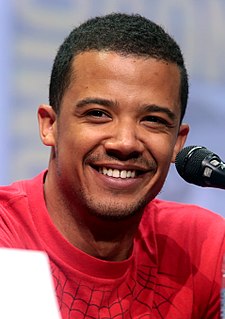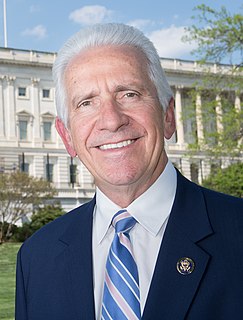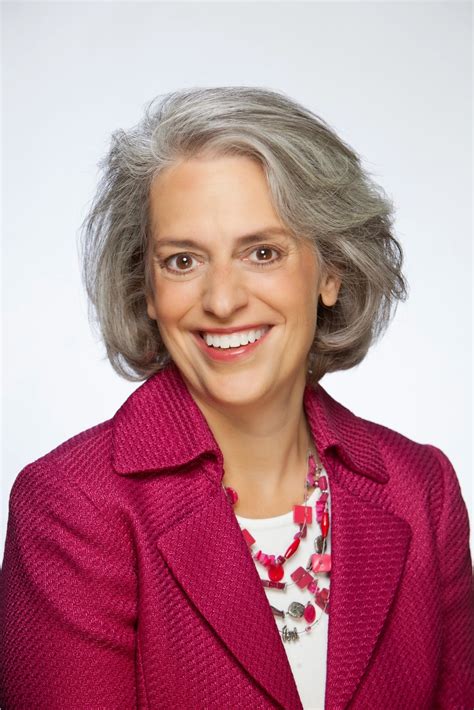A Quote by Thomas Kinkade
Our most important legacy will be the contributions we make to the lives of other human beings.
Quote Topics
Related Quotes
Human beings are very unbalanced and prone to go off on tangents. In every area of life- with too great emphasis on one thing, leaving out another important thing altogether. None of us will ever be perfectly balanced in our spiritual lives, our intellectual lives, our emotional lives, our family lives, in relationships with other human beings, or in our business lives. BUT WE ARE CHALLENGED TO TRY, WITH THE HELP OF GOD. We are meant to live in the scriptures.
History leaves no doubt that among of the most regrettable crimes committed by human beings have been committed by those human beings who thought of themselves as civilized. What, we must ask, does our civilization possess that is worth defending? One thing worth defending, I suggest, is the imperative to imagine the lives of beings who are not ourselves and are not like ourselves: animals, plants, gods, spirits, people of other countries, other races, people of the other sex, places and enemies.
And people who believe in God think God has put human beings on earth because they think human beings are the best animal, but human beings are just an animal and they will evolve into another animal, and that animal will be cleverer and it will put human beings into a zoo, like we put chimpanzees and gorillas into a zoo. Or human beings will all catch a disease and die out or they will make too much pollution and kill themselves, and then there will only be insects in the world and they will be the best animal.
People today have forgotten they're really just a part of nature. Yet, they destroy the nature on which our lives depend. They always think they can make something better... They don't know it, but they're losing nature. They don't see that they're going to perish. The most important things for human beings are clean air and clean water.
Chess is a unique battlefield for human minds and computers - human intuition, our creativity, fantasy, our logic, versus the brute force of calculation and a very small portion of accumulated knowledge infused by other human beings. So in chess we can compare these two incompatible things and probably make projections into our future. Is there danger that the human mind will be overshadowed by the power of computers, or we can still survive?
Regardless of the reaction of others, one thing is certain: True worship and devotion will make our lives fragrant and will perfume the environment around us. Our homes, our churches, even our places of work will bear the sweet scent of our devotion. Most important, the Lord Jesus will be pleased. And ultimately that is all that really matters.
The core of ethics runs deep in our species and is common to human beings everywhere. It survives the most appalling hardships and the most ruthless attempts to deprive human beings of their humanity. Nevertheless, some people resist the idea that his core has a biological basis which we have inherited from our pre-human ancestors.
There is an ideal of excellence for any particular craft or occupation; similarly there must be an excellent that we can achieve as human beings. That is, we can live our lives as a whole in such a way that they can be judged not just as excellent in this respect or in that occupation, but as excellent, period. Only when we develop our truly human capacities sufficiently to achieve this human excellent will we have lives blessed with happiness.
A person is a person through other persons. None of us comes into the world fully formed. We would not know how to think, or walk, or speak, or behave as human beings unless we learned it from other human beings. We need other human beings in order to be human. I am because other people are. A person is entitled to a stable community life, and the first of these communities is the family.
We human beings are social beings. We come into the world as the result of others’ actions. We survive here in dependence on others. Whether we like it or not, there is hardly a moment of our lives when we do not benefit from others’ activities. For this reason, it is hardly surprising that most of our happiness arises in the context of our relationships with others.
Artists use frauds to make human beings seem more wonderful than they really are. Dancers show us human beings who move much more gracefully than human beings really move. Films and books and plays show us people talking much more entertainingly than people really talk, make paltry human enterprises seem important. Singers and musicians show us human beings making sounds far more lovely than human beings really make. Architects give us temples in which something marvelous is obviously going on. Actually, practically nothing is going on.








































